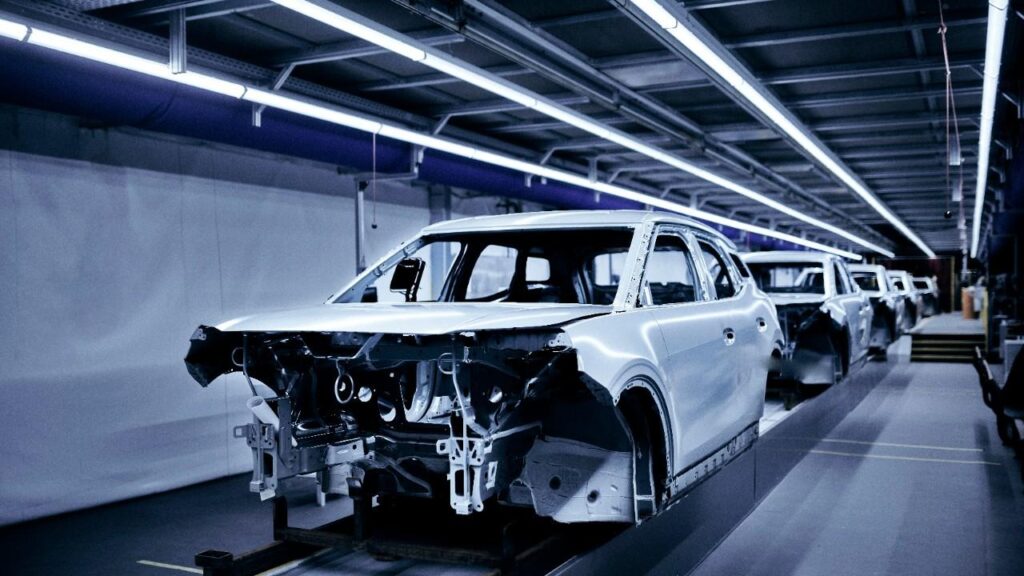U.S. automakers will receive a temporary exemption from the newly announced 25% tariff on vehicle imports from Mexico and Canada, the White House said on Wednesday, providing a brief reprieve to an industry navigating an escalating trade war.
The exemption, which applies for at least one month, will cover vehicles that comply with the U.S.-Mexico-Canada Agreement (USMCA), which mandates that 75% of a vehicle’s content be sourced from North America and at least 40% from the U.S. or Canada. However, some vehicles manufactured in Mexico and Canada may still be subject to the full tariff if they fail to meet these requirements.
See also: Hyundai Plans U.S. EV Production Expansion Amid Potential Tariffs
The White House said the decision followed discussions with Stellantis, Ford Motor, and General Motors, whose supply chains remain heavily integrated across North America. While the exemption offers immediate relief, industry experts caution that the short timeframe will do little to address long-term challenges.
“The reality is that a month is nowhere near enough time for automakers to relocate factories or reconfigure supply chains,” said Jessica Caldwell, director of insights at Edmunds, in an emailed statement. “In the short term, manufacturers may need to ramp up production and stockpile inventory as a hedge against potential tariffs — an expensive and risky move that could lead to bloated inventories if the tariffs don’t take effect.”
See also: Ford and General Motors Assess Impact of U.S. Steel and Aluminum Tariffs
Despite the exemption, the Biden administration made clear that broader trade measures remain on the horizon, including new reciprocal tariffs targeting countries with import duties on U.S. products. The European Union and other major trading partners could face increased trade restrictions as part of this strategy.
With automakers caught in an uncertain policy environment, industry analysts warn that the ongoing trade tensions could impact consumer confidence. “Affordability is already a major concern for American car shoppers amid elevated prices and interest rates, and continued uncertainty only adds to the pressure,” Caldwell added.
